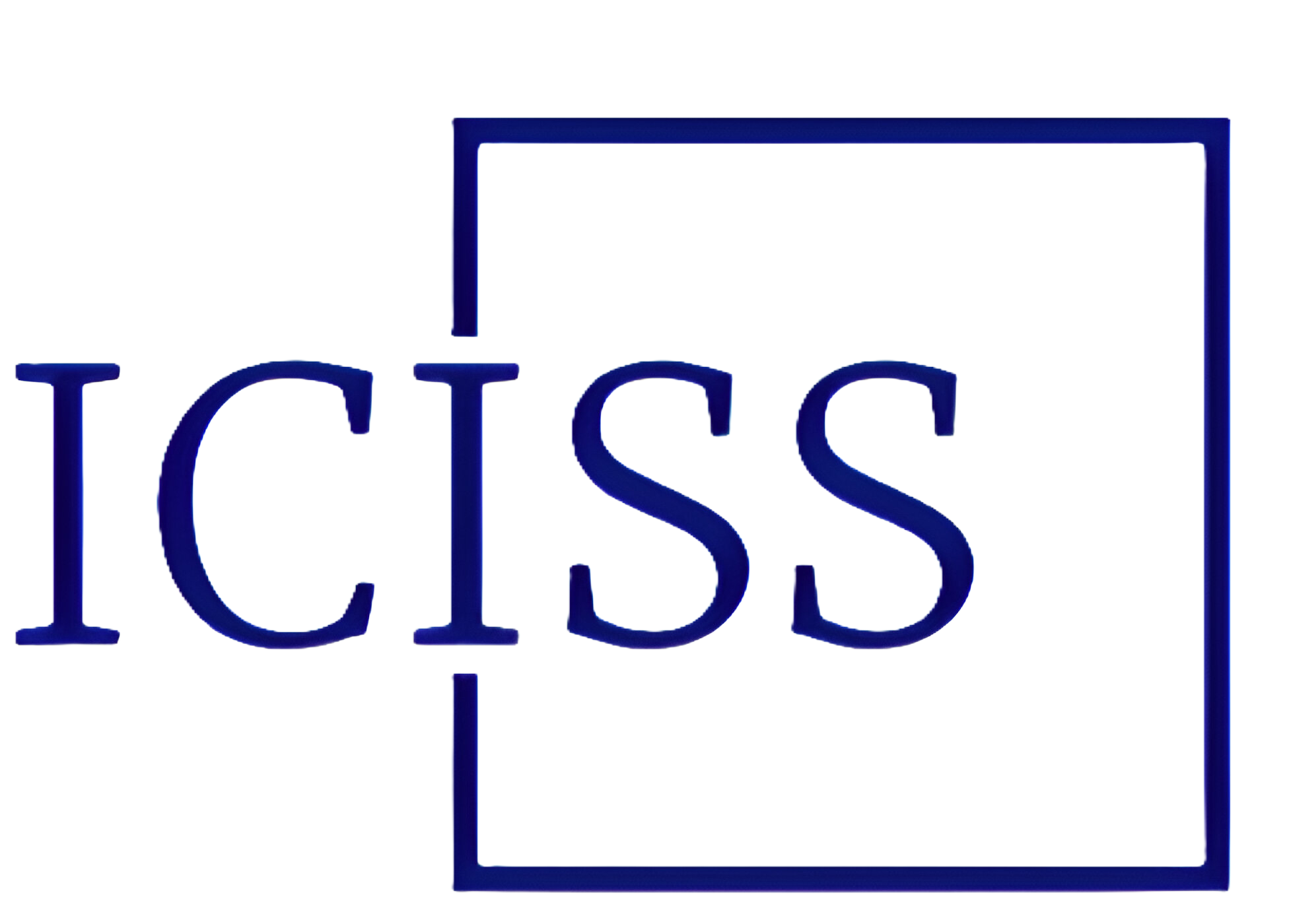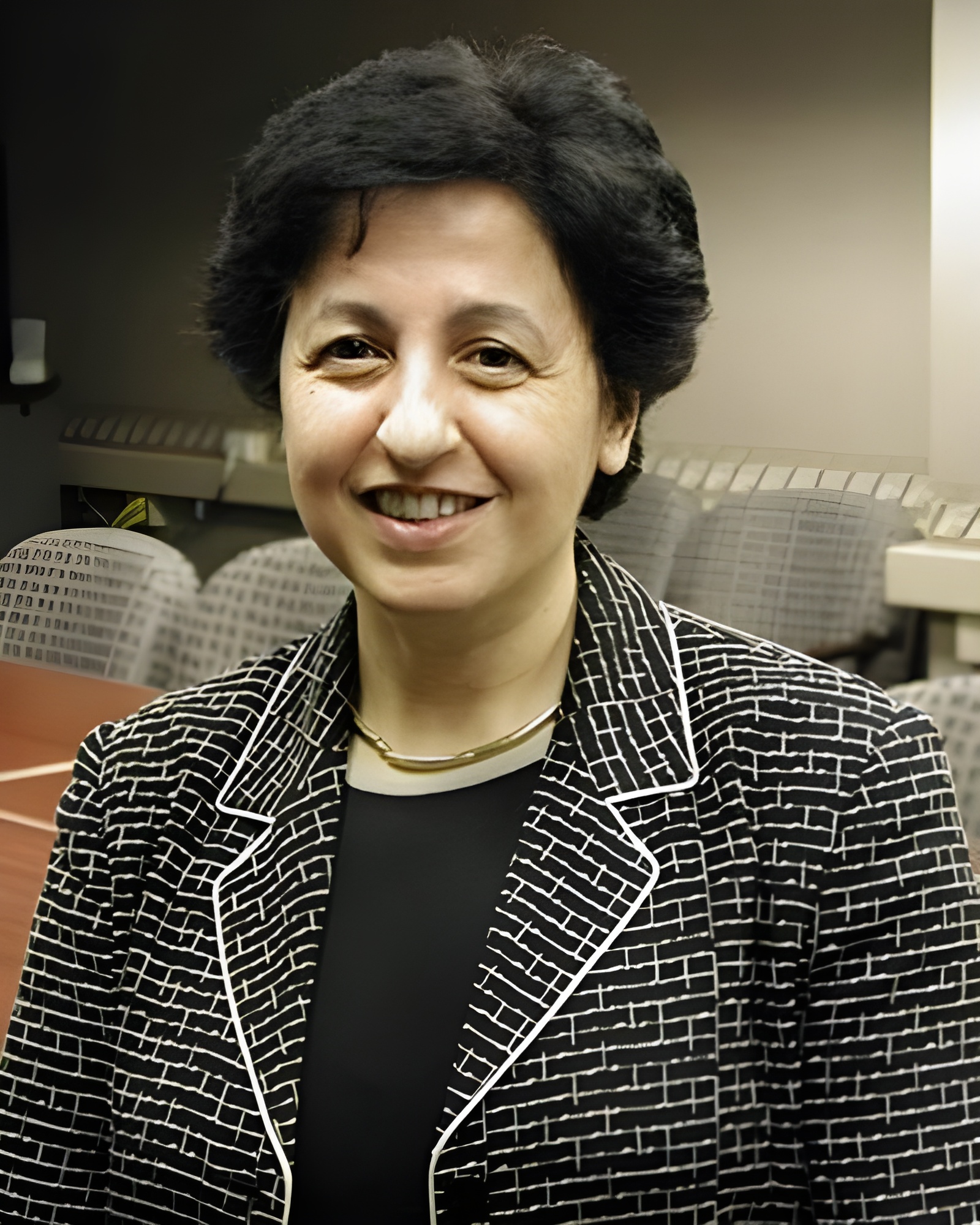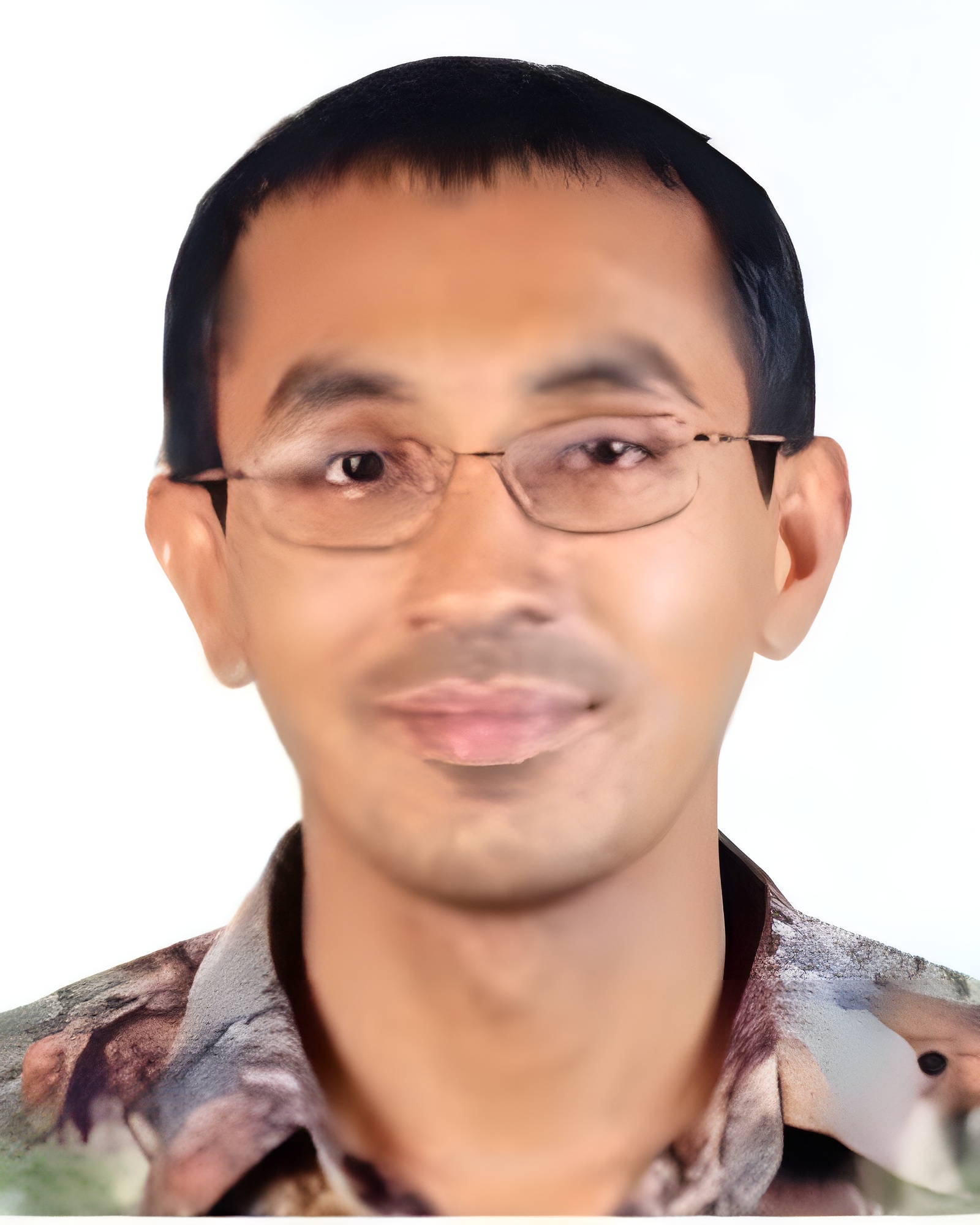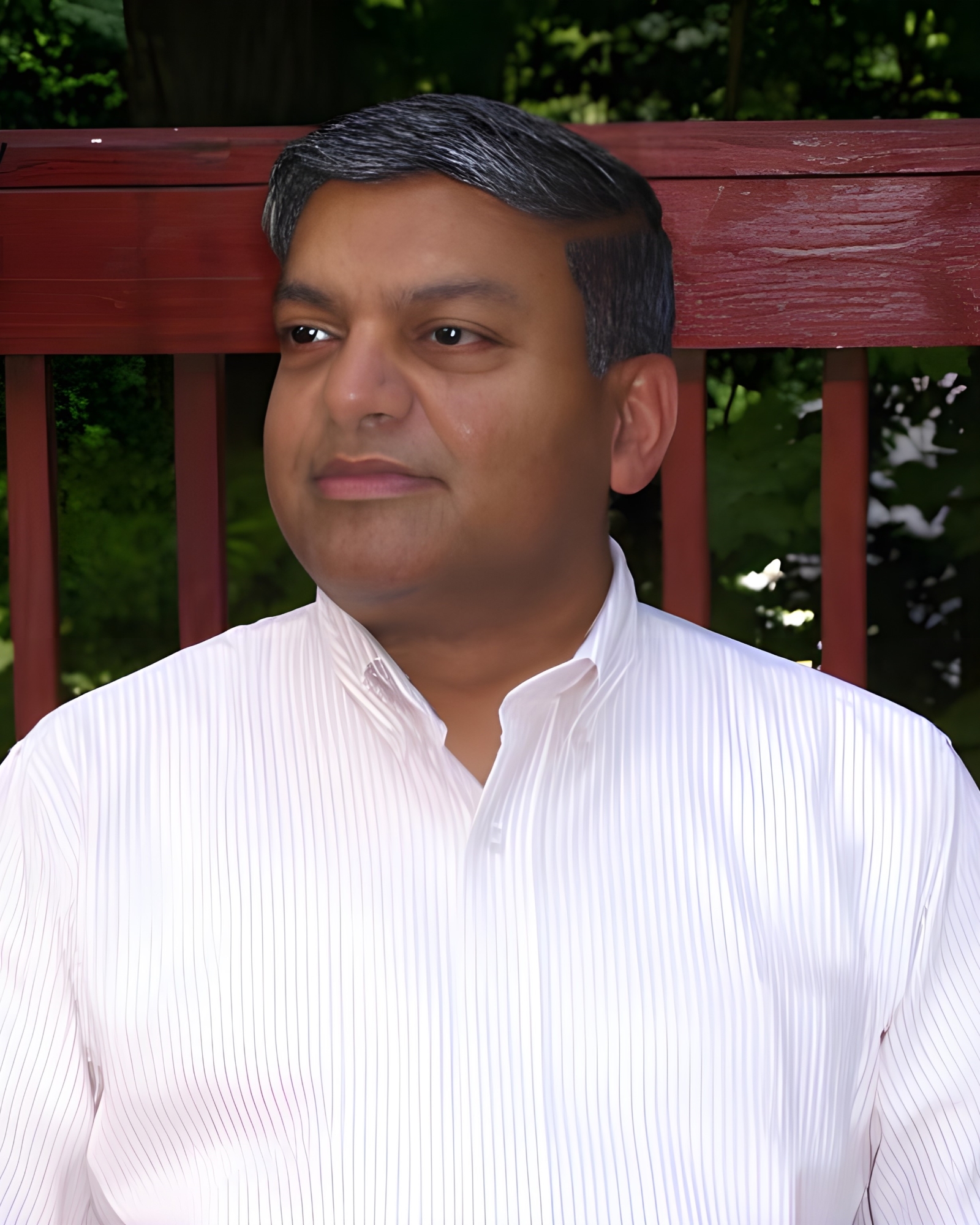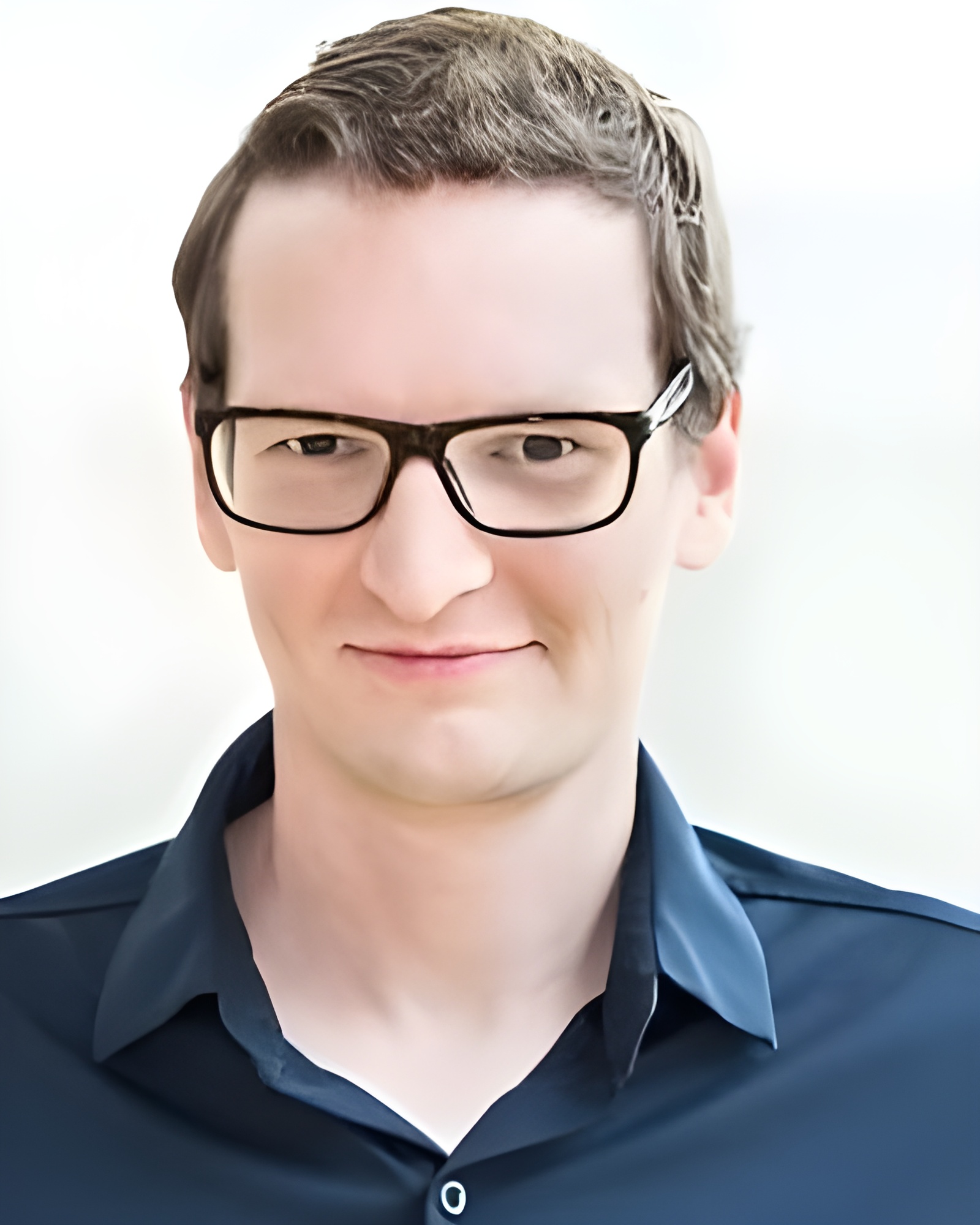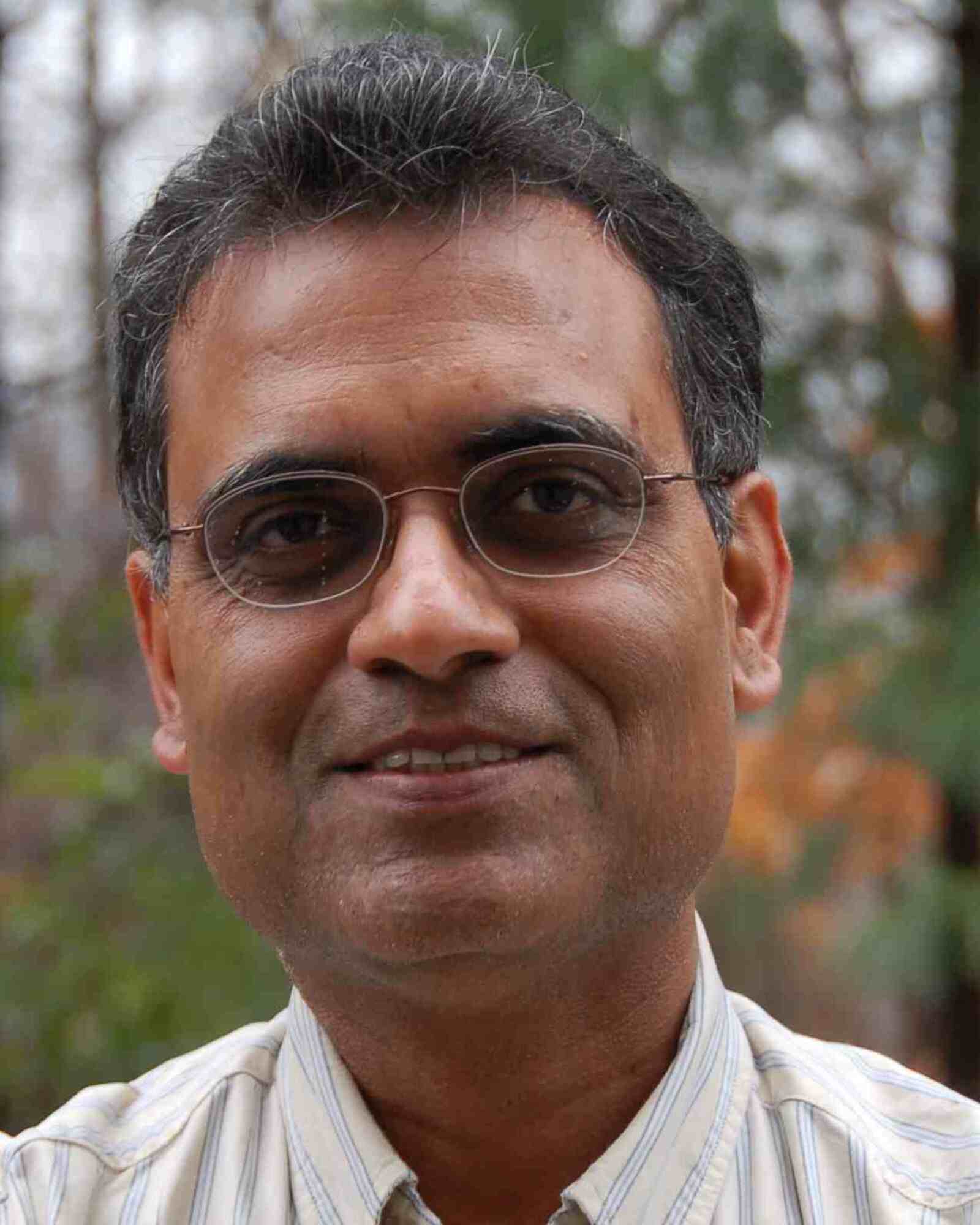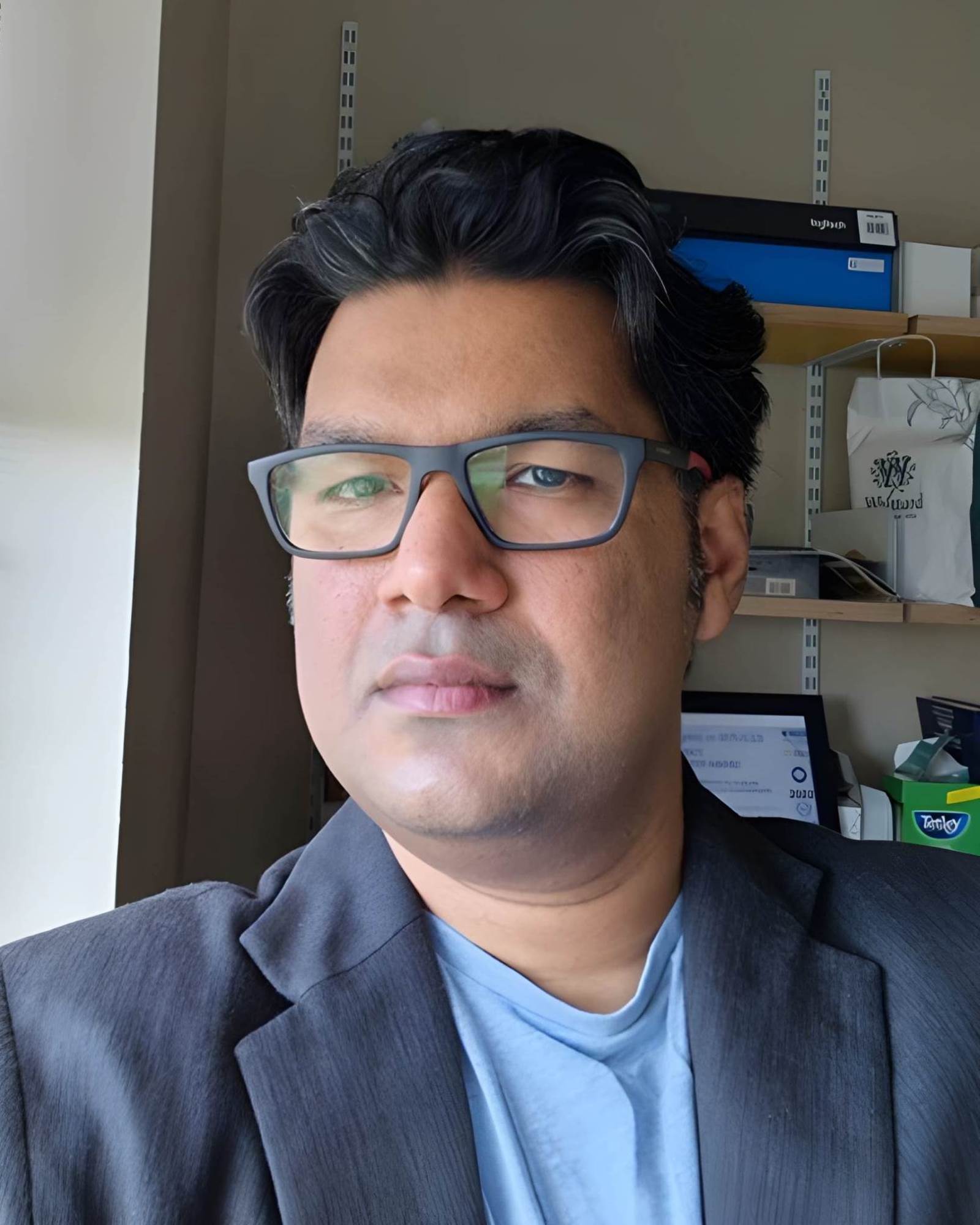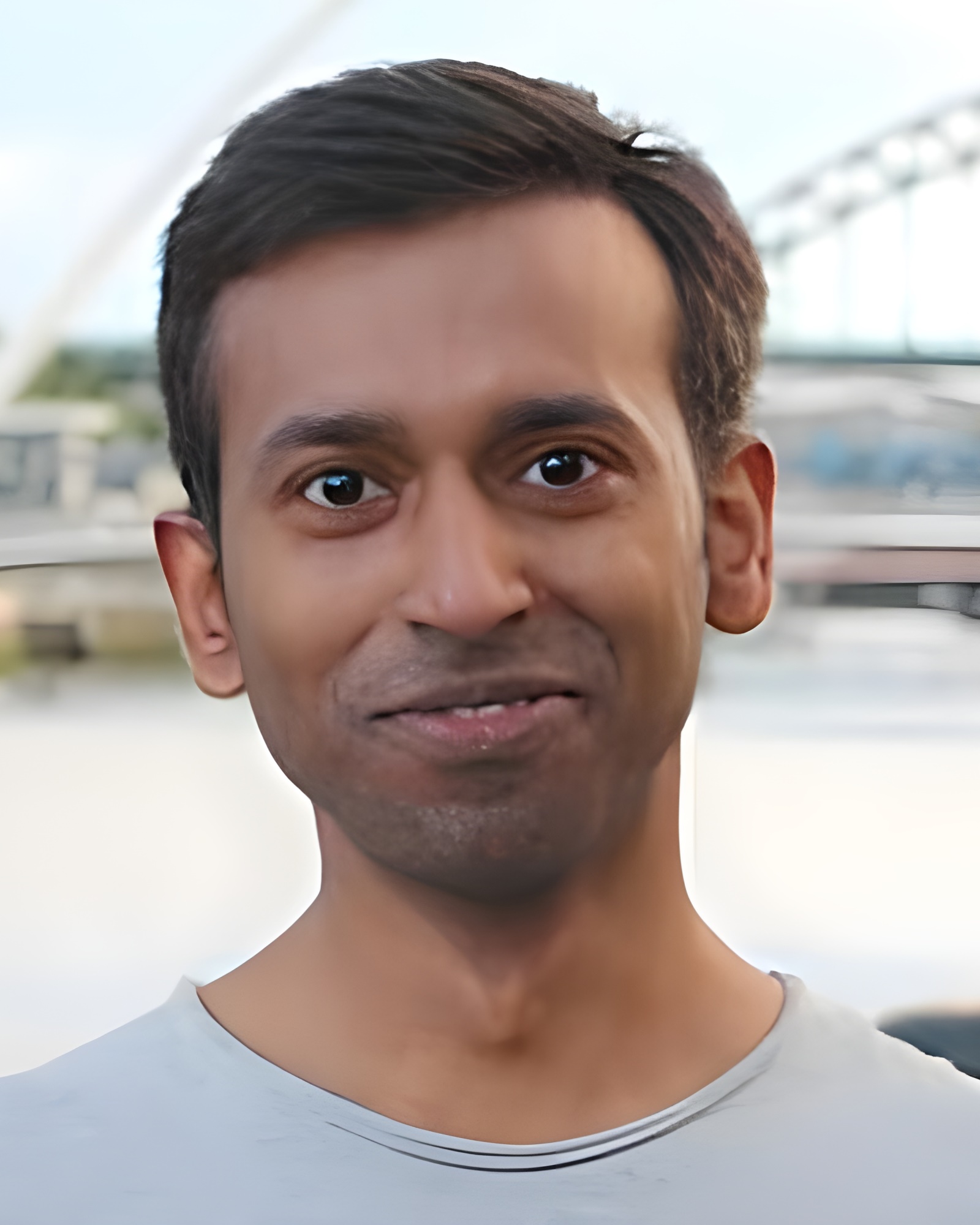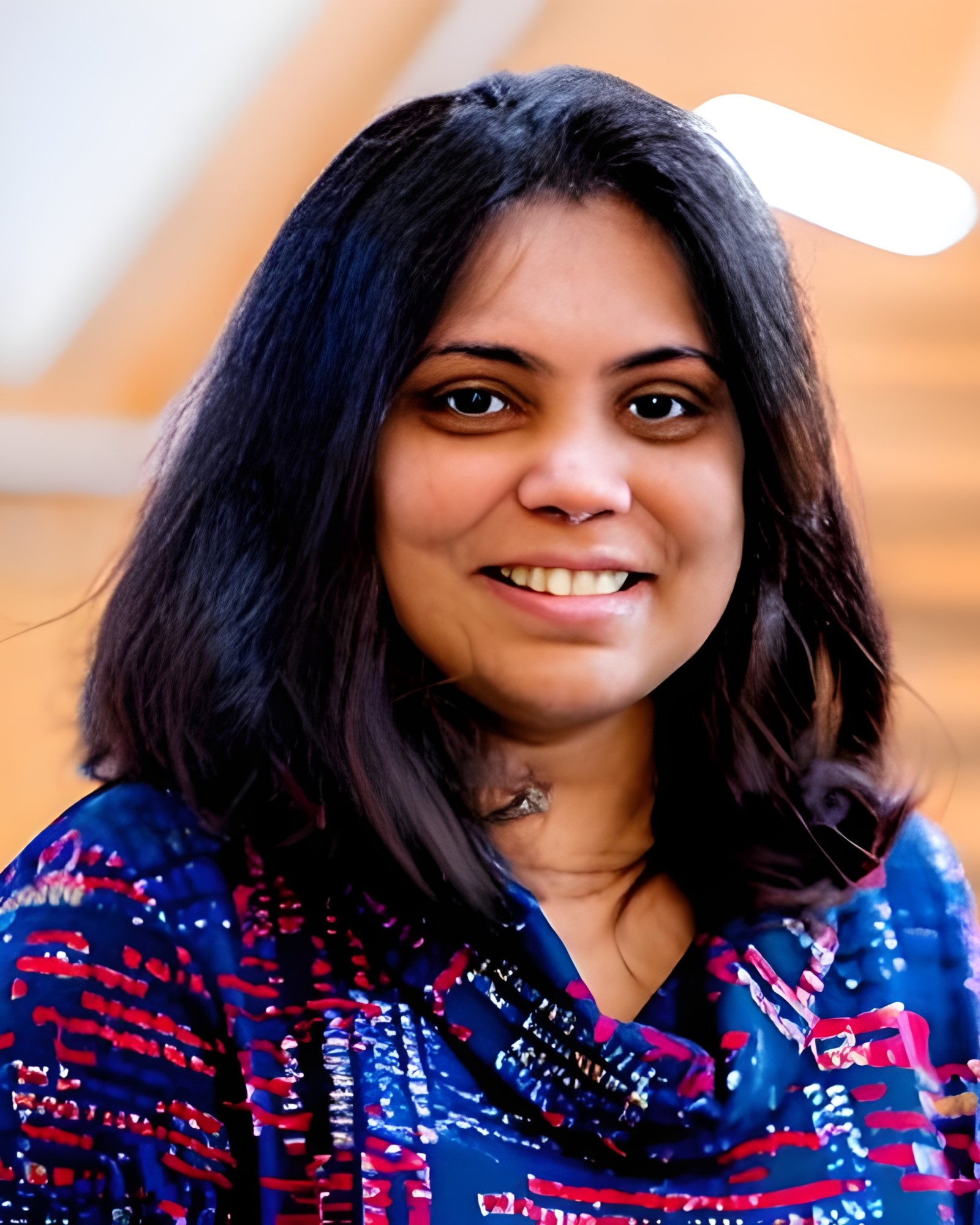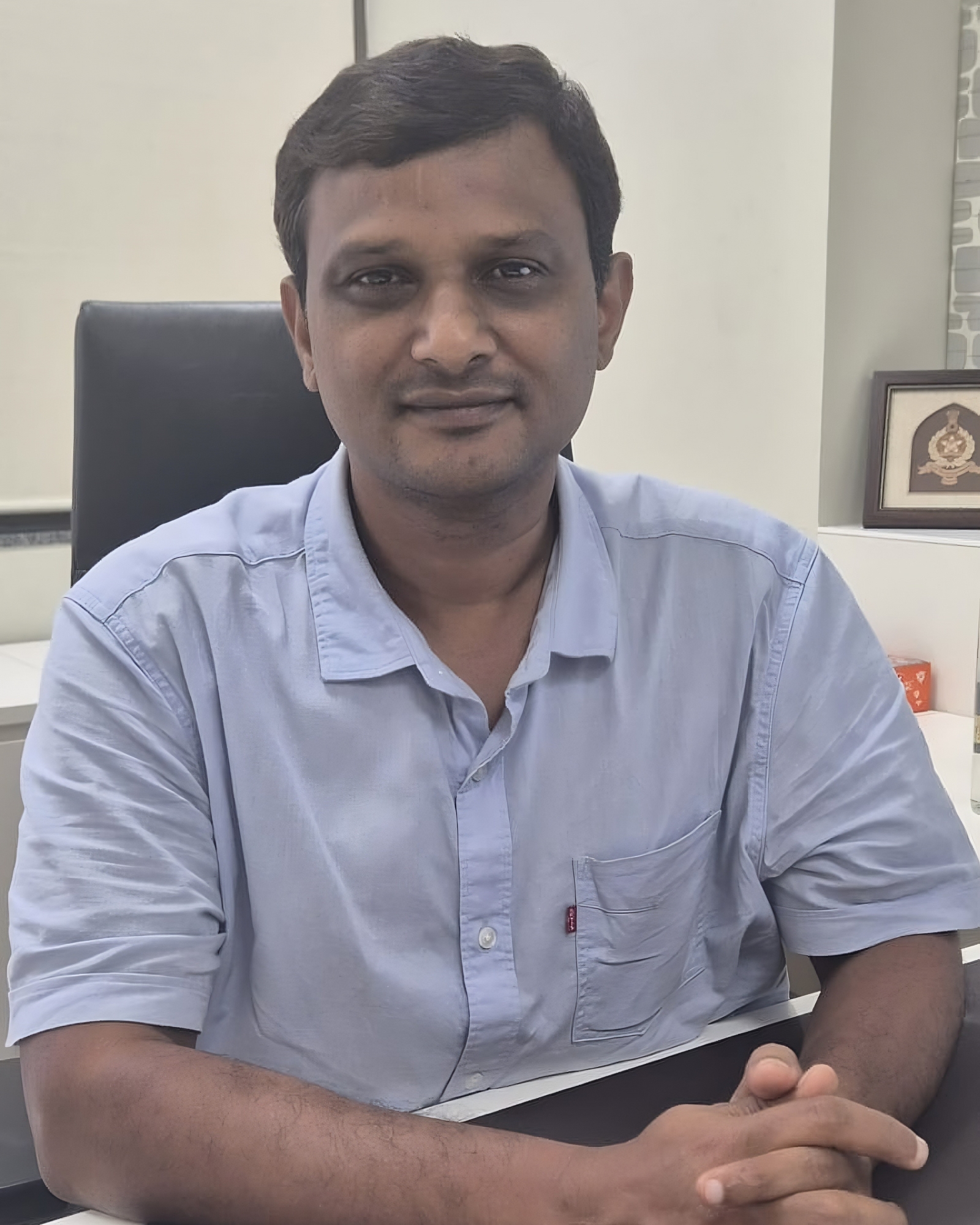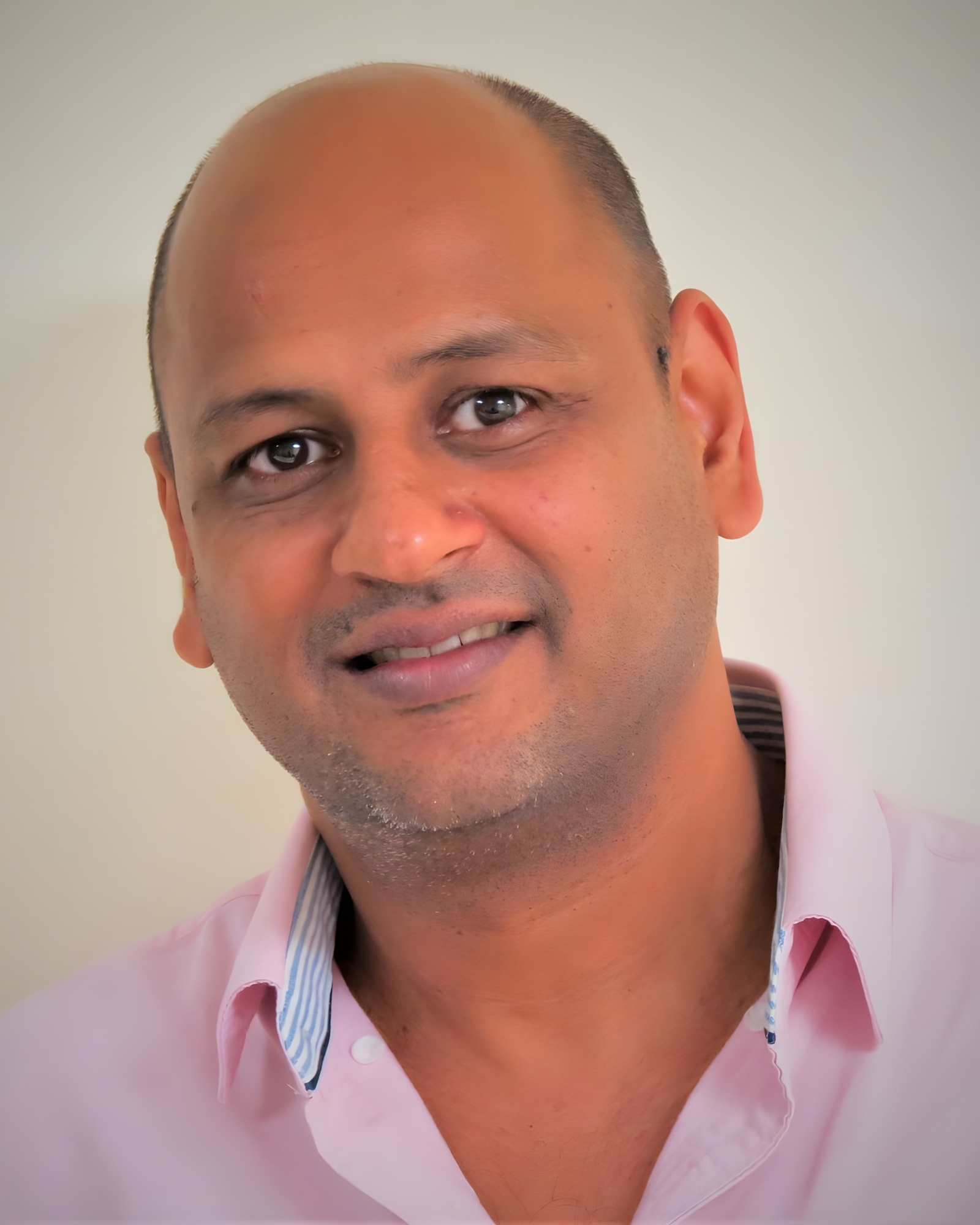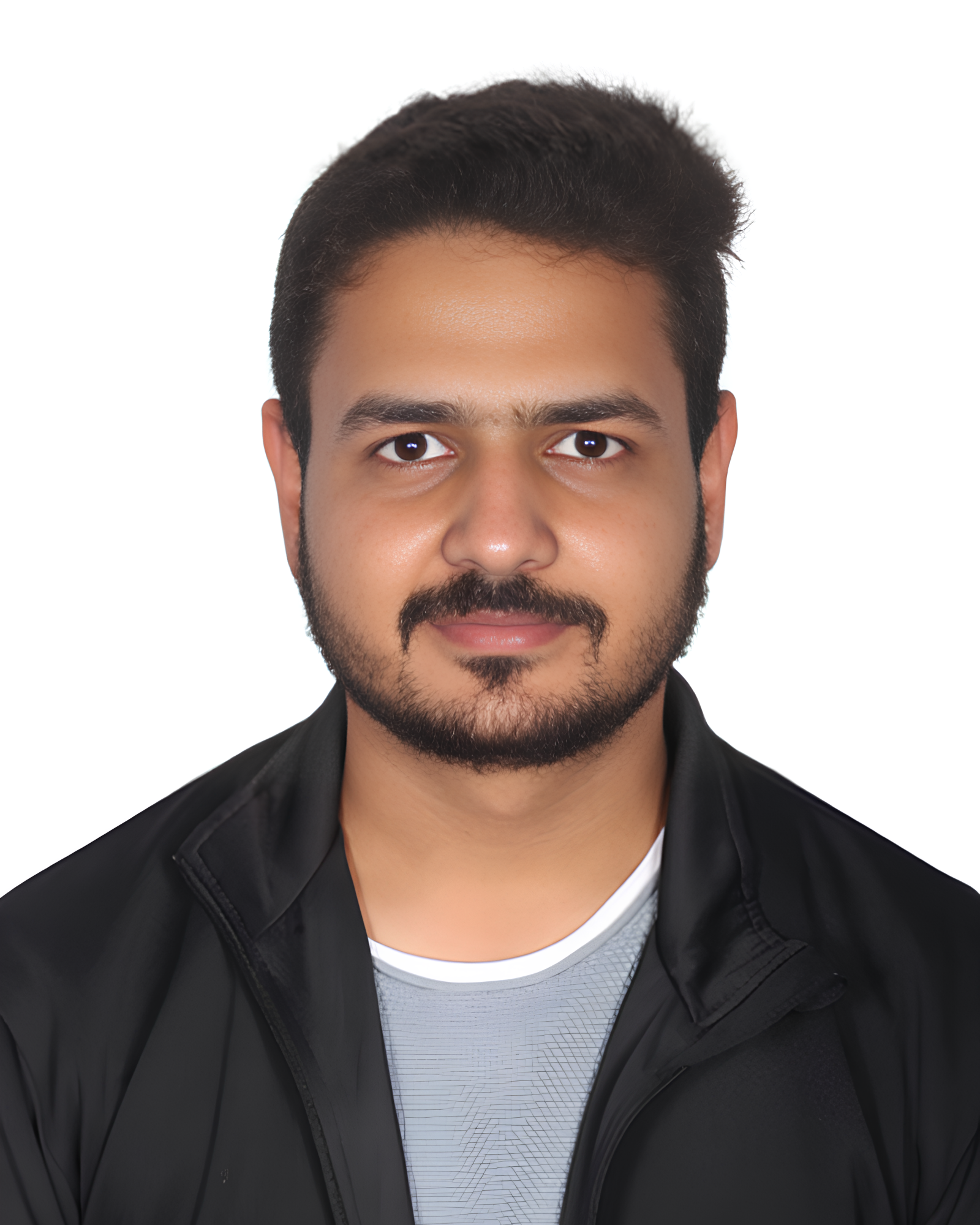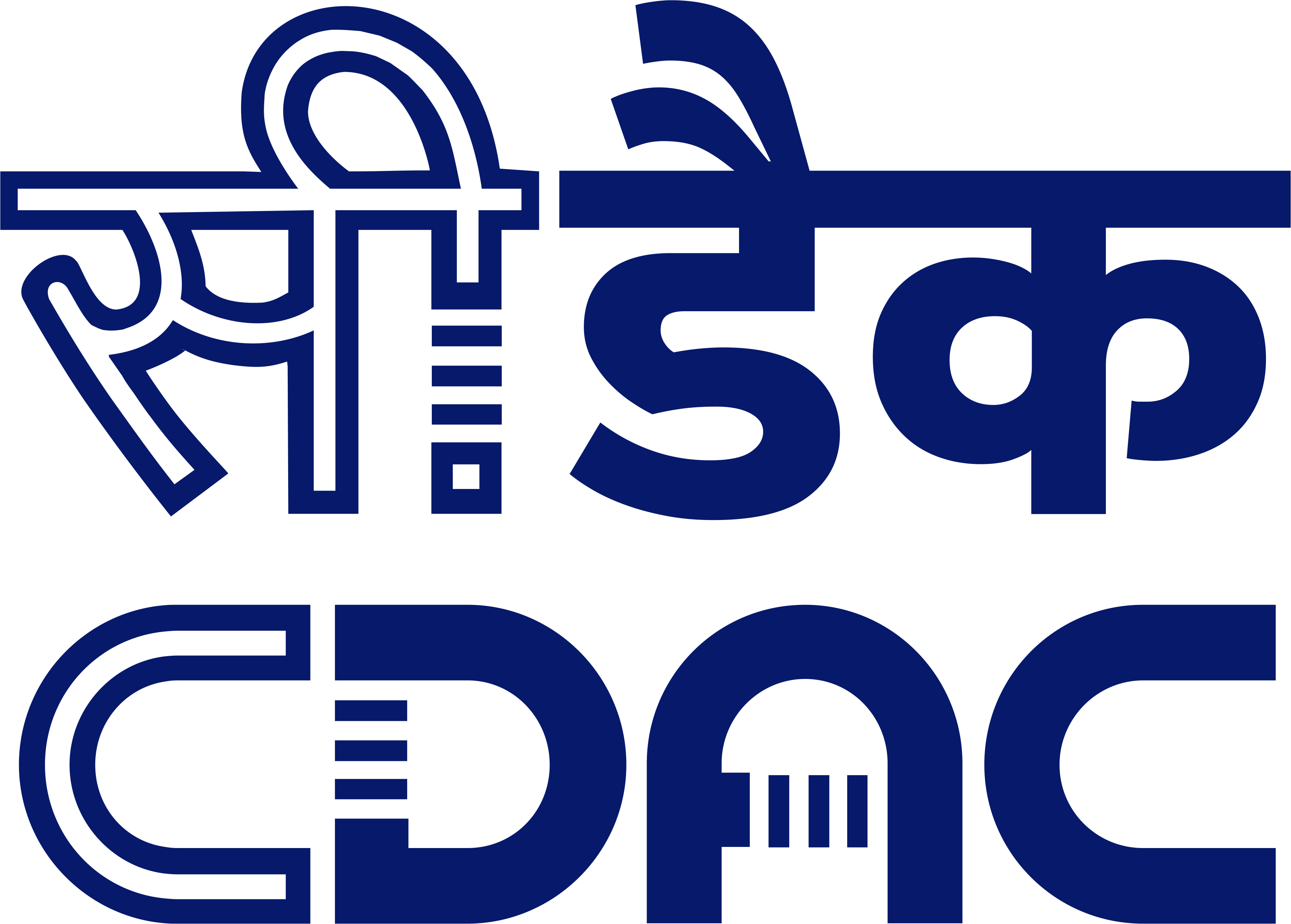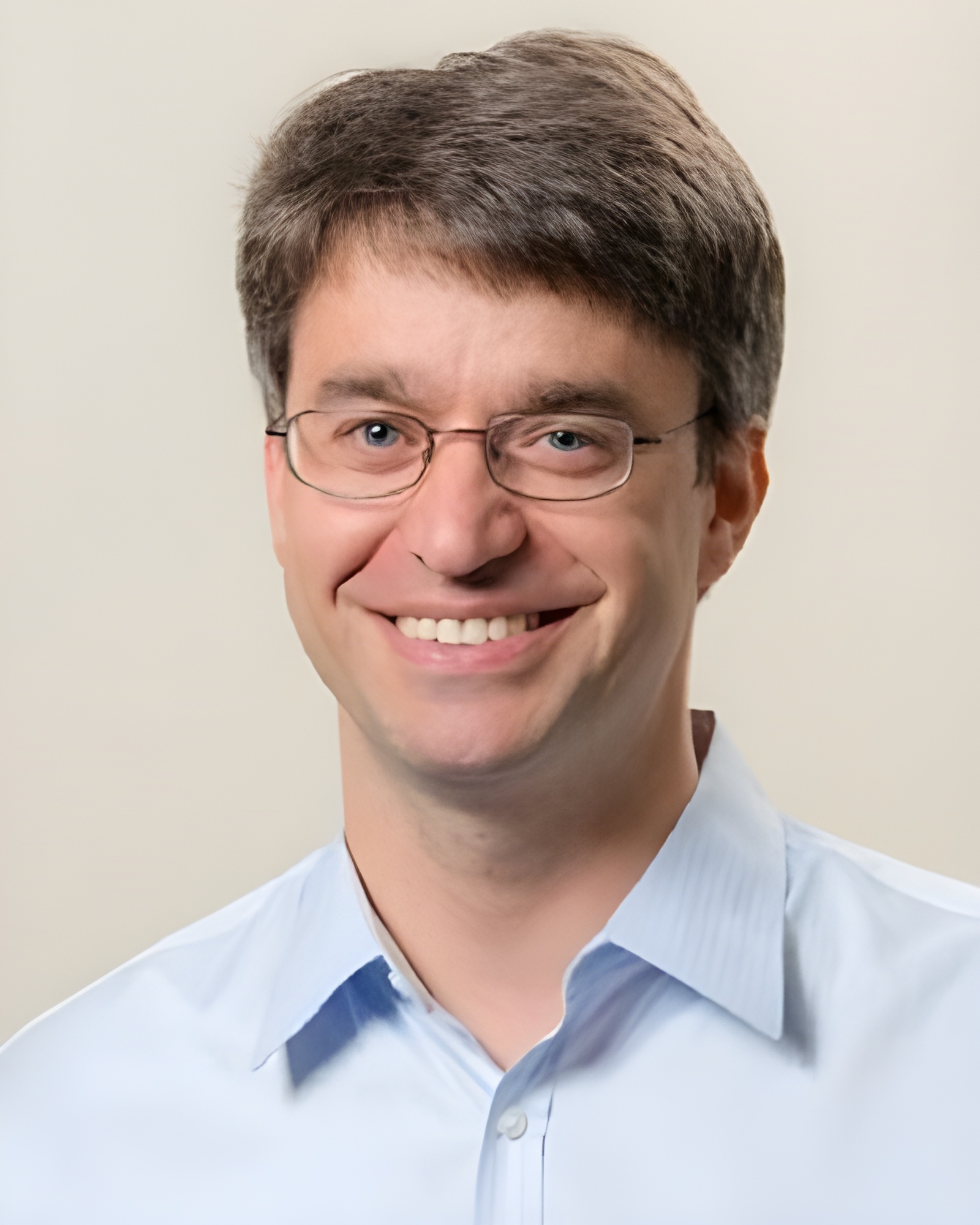
Prof. Christopher Kruegel
is a Professor in the Computer Science Department at the University of California, Santa Barbara, and a member of the International Secure Systems Lab (iSecLab). He received his Ph.D. in Computer Science from the Technical University of Vienna, Austria. His research focuses on computer and communications security, with emphasis on malware analysis, web security, and the security of social networks. He is especially interested in building practical systems and making security tools publicly available, with a core focus on solving real- world threats. Prof. Kruegel has published over 100 papers in leading venues such as IEEE S&P, ACM SIGSAC, and USENIX Security. His work has earned numerous honors, including the NSF CAREER Award, the MIT Technology Review TR35 Award, and multiple best paper awards. He also co-founded Lastline, Inc., a company focused on advanced malware detection, acquired by VMware in 2020.
